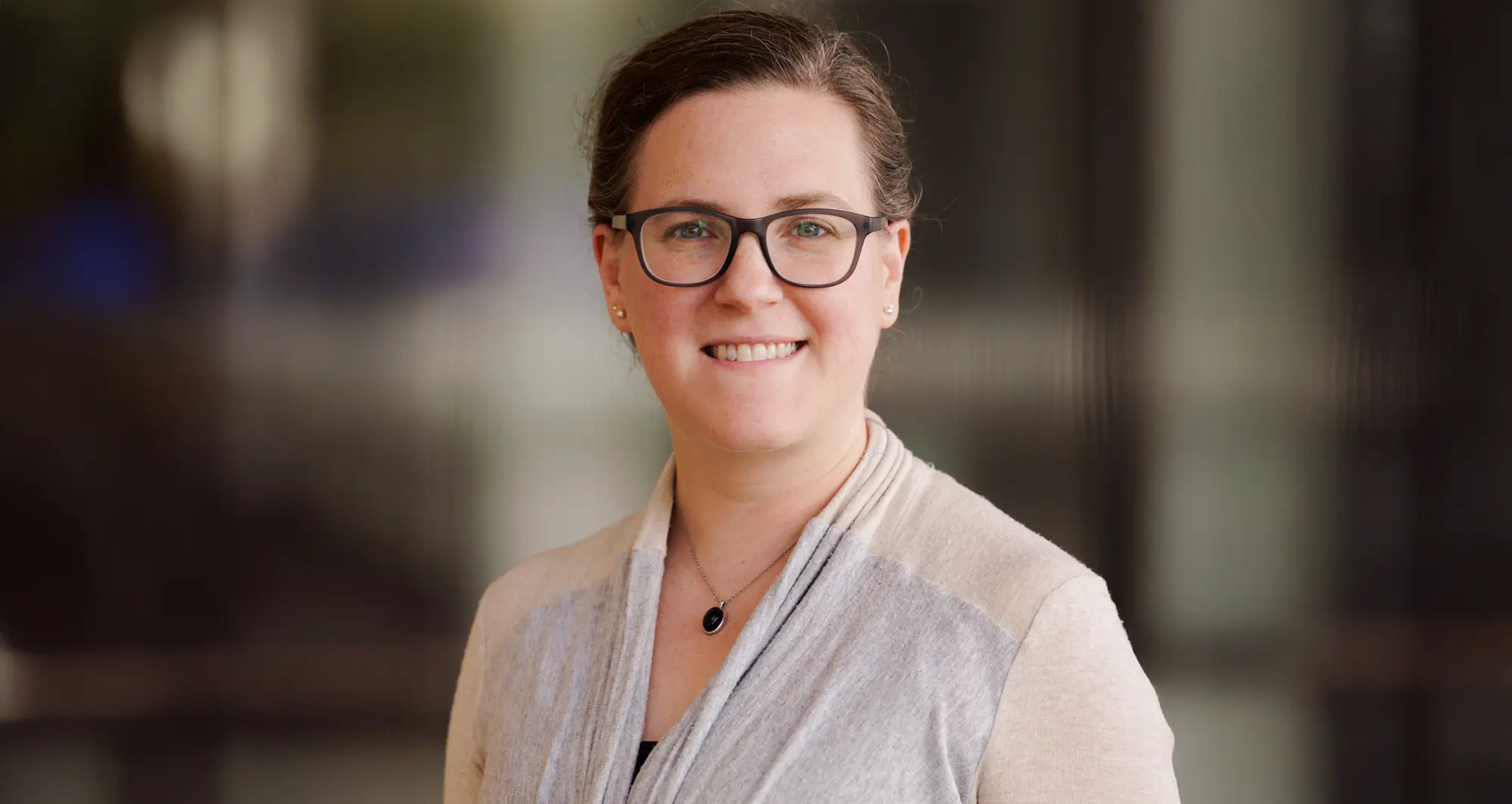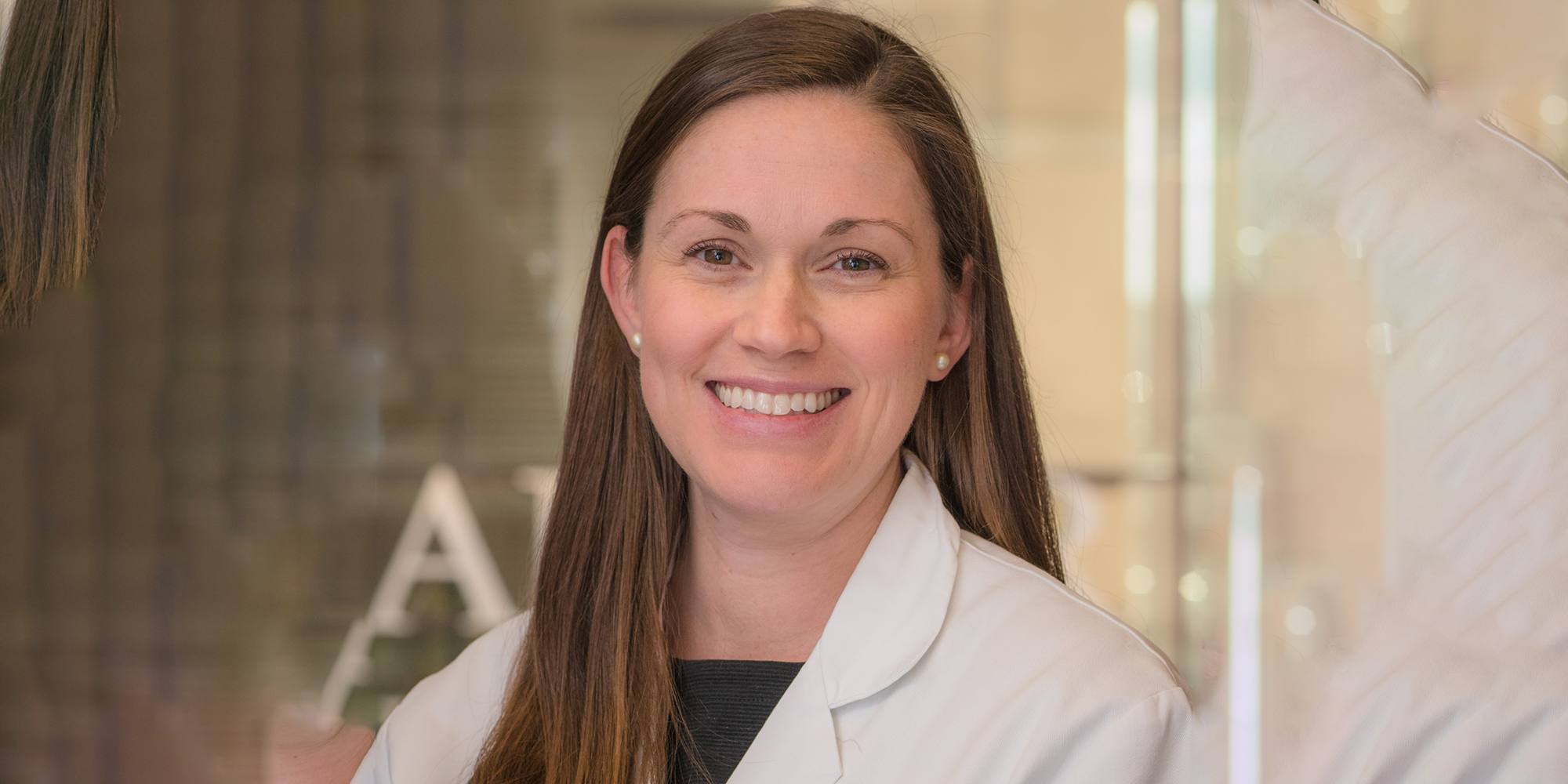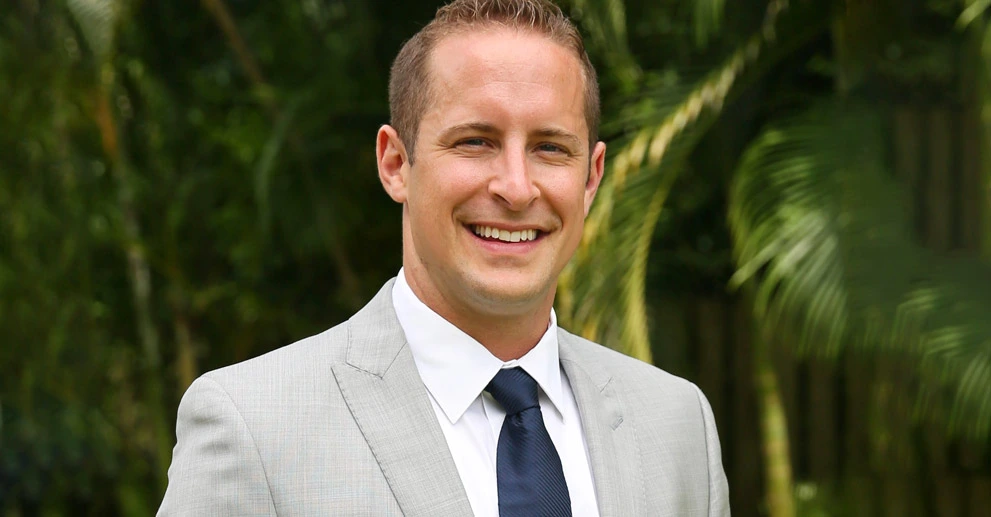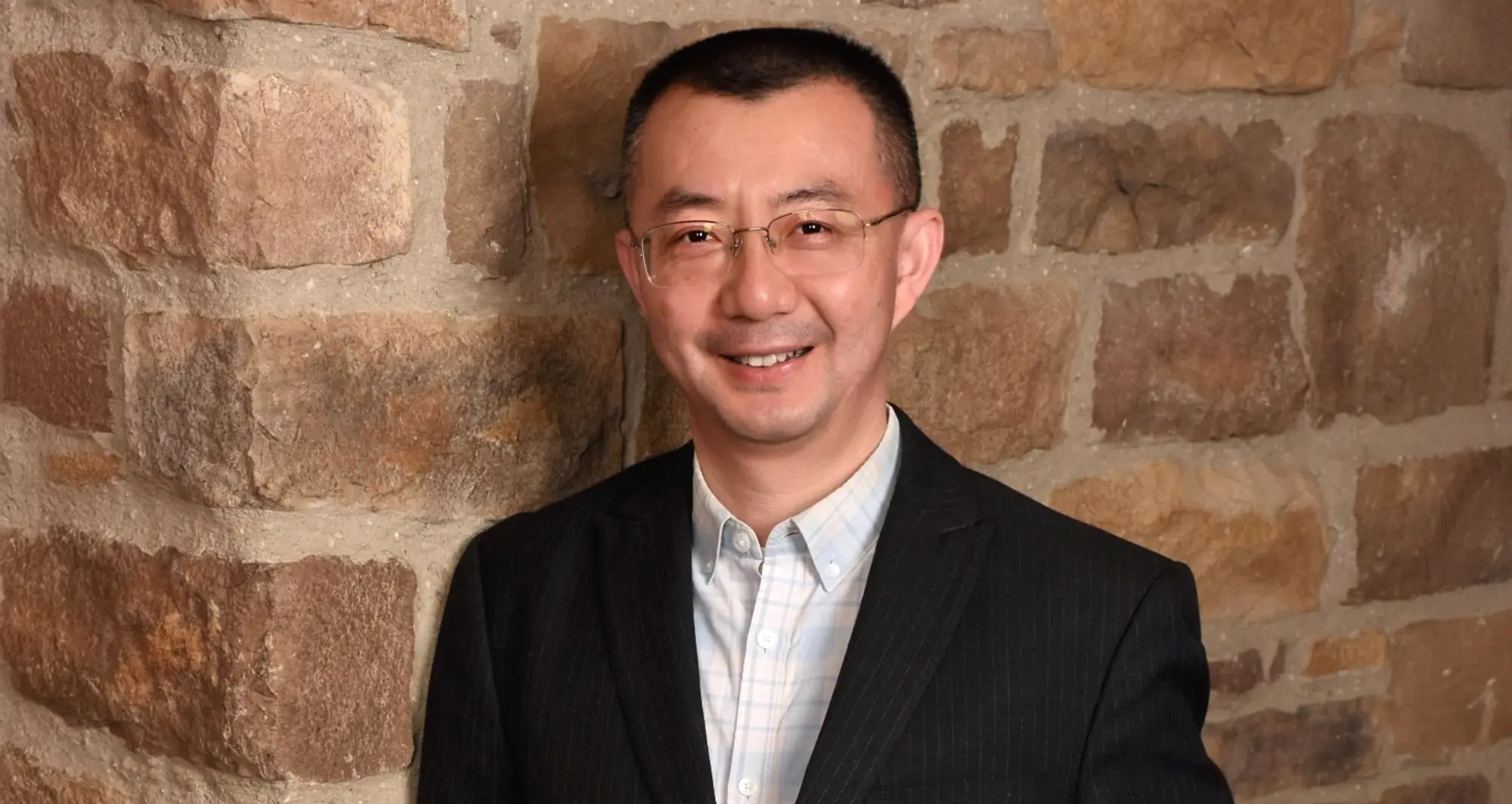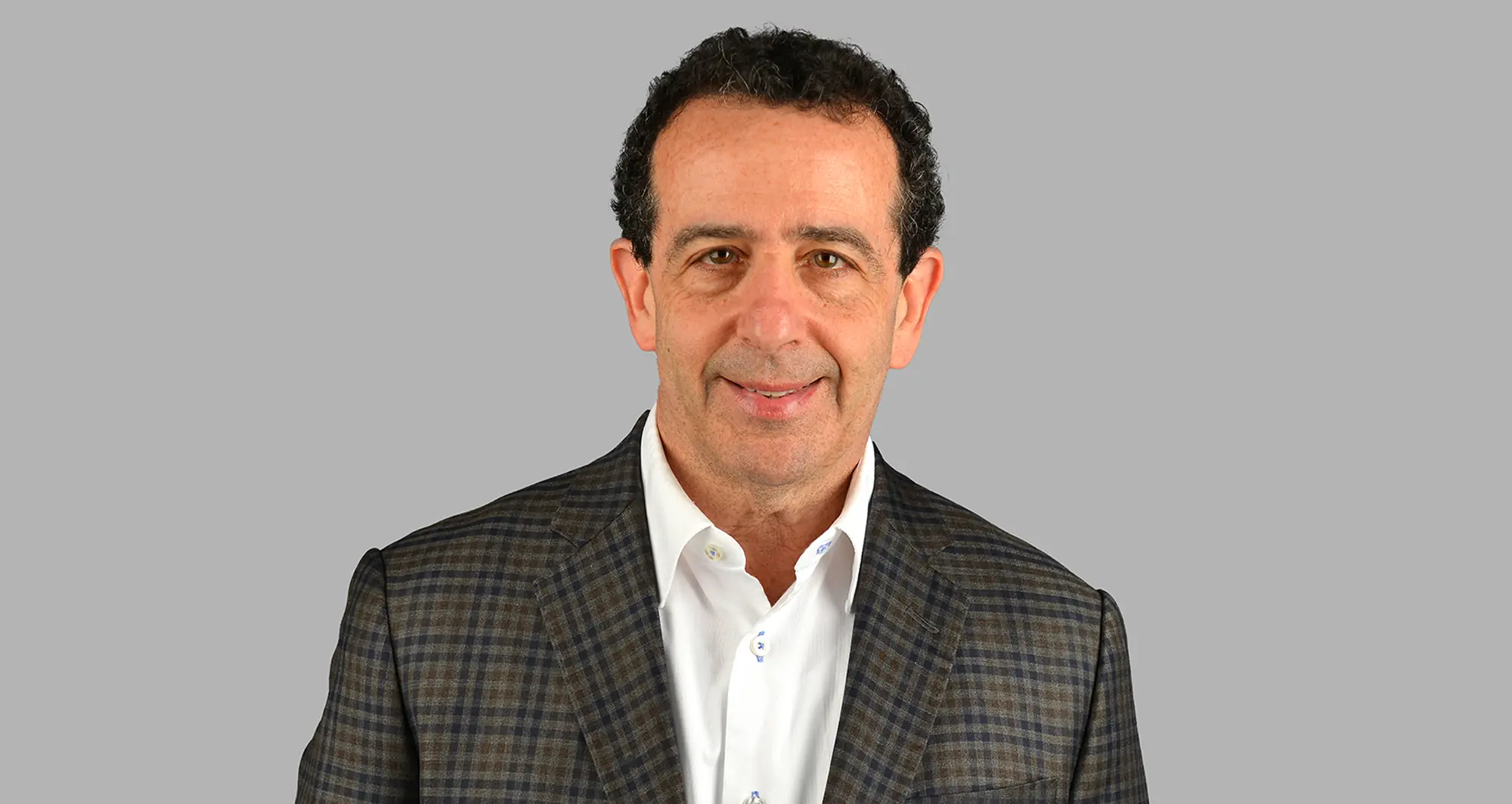Speaker
Alison E. Ringel, PhD
Assistant Professor
Department of Biology
Massachusetts Institute of Technology and Ragon Institute
“Metabolic Circuits Linking Lipid Metabolism to T Cell Immunity”
Lipid metabolism is disrupted at many levels in the tumor microenvironment, which reflects the interplay between systemic metabolic state and local cellular processes. For T cells, the impact of different lipid species on anti-tumor functionality remains incompletely understood, even though effector T cells take up a wide range of extracellular lipids. This talk will focus on new roles for lipid metabolites in regulating T cell activities involved in tumor control, and how this may be manipulated to improve anti-tumor immune responses.
Speaker
Jennifer Guerriero, PhD
Assistant Professor
Department of Surgery
Brigham and Women’s Hospital/Harvard Medical School
“Unraveling the complexities of tumor associated macrophages for anti-cancer therapy”
Tumor associated macrophages (TAMs) represent a significant proportion of solid tumors and enhance tumor cell growth, metastasis and importantly, inhibit anti-tumor responses of T cells. Our recent work has shown that removal or conversion of TAMs to an anti-tumor phenotype enhances chemo- and immuno-therapy establishing TAMs as targets for anti-cancer therapy. We recently revealed that some types of therapy such as poly(ADP-ribose) polymerase (PARP) inhibition (PARPi) can drive development of highly suppressive TAMs, restricting anti-tumor T cell function and survival. Murine models demonstrate that in the absence of TAMs, PARPi induce a robust recruitment of cytotoxic T cells and durable antitumor responses. Therefore, targeting TAMs is a promising strategy for improving PARPi treatment efficacy. However, while there is an urgent need to target TAMs during tumorigenesis and cancer therapy, to date, failure to fully characterize TAM biology and classify multiple subsets has hindered advancement in therapeutic targeting. Here we will the functional and phenotypic characterization of TAM subsets associated with cancer, before and after treatment, as well as novel TAM-modulating strategies and combinations that are likely to enhance current therapies and overcome chemo- and immuno-therapy resistance.
Speaker
Elda Grabocka, PhD
Associate Professor
Departments of Pharmacology, Physiology and Cancer Biology & Surgery
Thomas Jefferson University and Jefferson Health
“The Dynamic Life of Stress Granules: Linking Cell Cycle, Metabolism, and Pancreatic Cancer”
This seminar will cover our research into stress adaptation in Pancreatic Ductal Adenocarcinoma (PDAC). We start with findings on molecular drivers of stress granule (SG) formation and their role in PDAC tumor development. Our investigation then revealed that SG composition and function are not static, but dynamically shaped by cell state, particularly the cell cycle. We’ll present novel findings on this cell-cycle-dependent heterogeneity and its consequences for tumor cell fate. We also touch on how systemic factors, like those in the metabolic syndrome-tumor axis, affect SG biology and cellular stress in PDAC.Finally, we integrate these multi-level insights—from molecular SG mechanics to cell-state modulation and systemic impacts—to illustrate their convergence in pancreatic tumorigenesis. We aim to highlight emerging therapeutic opportunities, such as phase-specific SG targeting, and foster discussion on new anti-PDAC strategies based on our findings.
Speaker
Frank Weinberg, MD, PhD
Assistant Professor Department of Medicine
Division of Hematology and Oncology
University of Illinois College of Medicine
Speaker
Jian Jin, PhD
Mount Sinai Endowed Professor in Therapeutics Discovery
Director, Mount Sinai Center for Therapeutics Discovery
Professor, Departments of Pharmacological Sciences, Oncological Sciences and Neuroscience
Co-Leader, Cancer Clinical Investigation Program, Tisch Cancer Institute
Icahn School of Medicine at Mount Sinai
“Discovery of Novel Degraders and Development of New Approaches to Target Undruggable Proteins”
Speaker
Amanda Lund, PhD
Associate Professor, Ronald O. Perelman Department of Dermatology
Associate Professor, Department of Pathology
NYU Langone Cancer Center
“The lymphatic system: toggling between immune surveillance and metastasis”
Lymphatic vessels play a crucial role in activating anti-tumor immune surveillance but also contribute to metastasis and thereby systemic tumor progression. Here we will discuss a metabolic switch that defines distinct lymphatic phenotypes that toggle between these two functions and regulate regional melanoma progression.
Speaker
Nathanael S. Gray, PhD
Krishnan-Shah Family Professor
Chemical and System Biology
Stanford University
“Targeting transcription in cancer with molecular glues”
Speaker
Sara Buhrlage, PhD
Associate Professor, Cancer Biology
Dana-Farber Cancer Institute
Associate Professor, Biological Chemistry and Molecular Pharmacology
Harvard Medical School
“A novel chemical biology platform for DUBs“
Speaker
David E. Fisher, MD, PhD
Edward Wigglesworth Distinguished Professor of Dermatology
Lancer Professor of Dermatology
Harvard Medical School
Chair, Head of the Department of Dermatology
Pediatrician, Pediatrics
Physician, Medicine-Hematology/Oncology
Chair, Executive Committee on Research (ECOR)
Massachusetts General Hospital
“Skin signaling, pigmentation, and UV radiation: melanoma risk and therapeutic strategies”
Speaker
Jason Cantor, Ph.D.
Investigator
Morgridge Institute for Research
Assistant Professor, Department of Biochemistry
University of Wisconsin-Madison
“Nature versus Nurture: Unraveling genetic and environmental contributions to human cell fitness”

